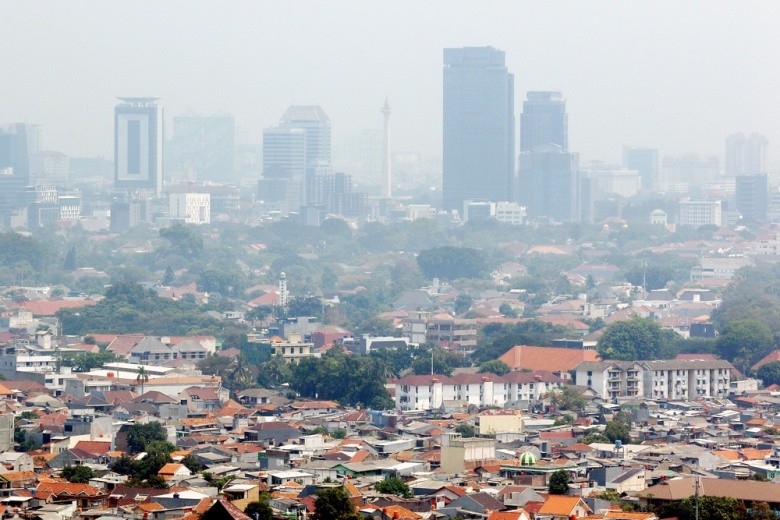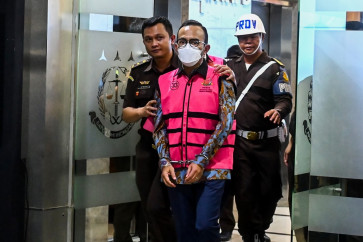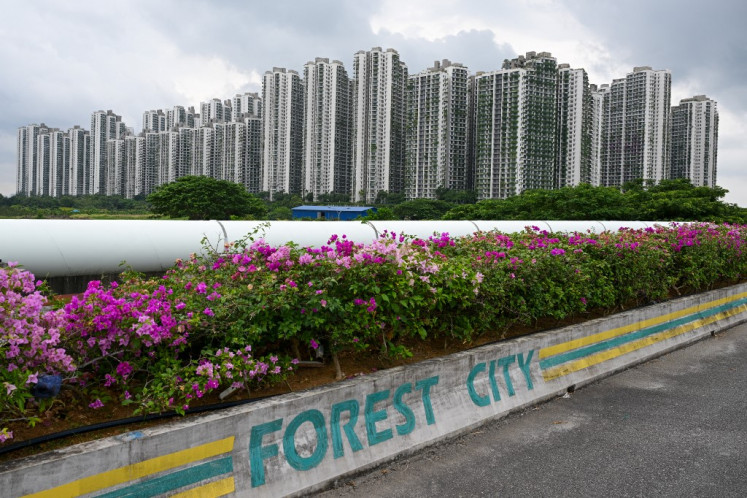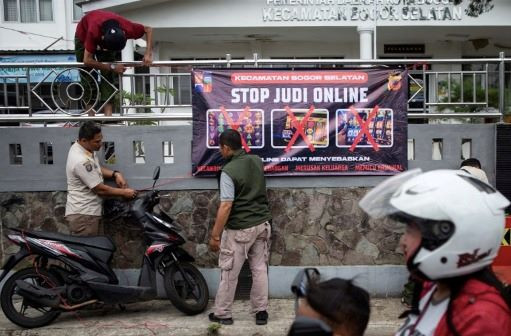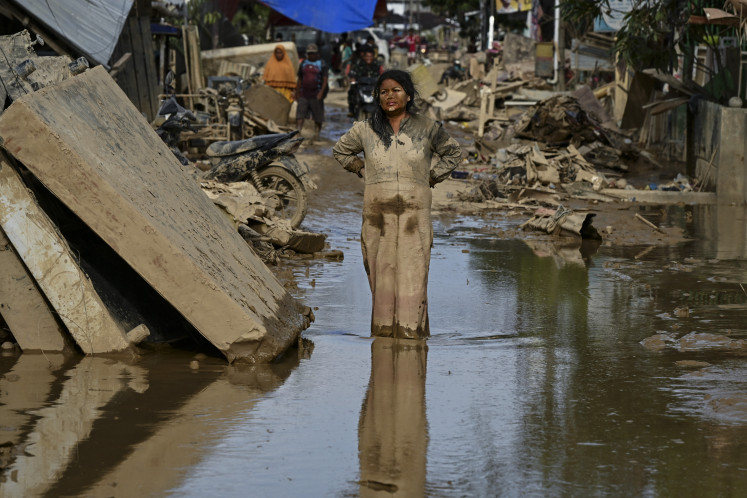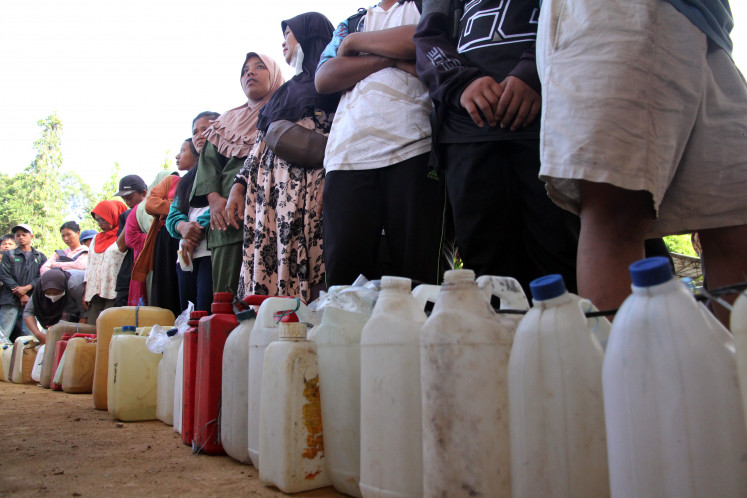Popular Reads
Top Results
Can't find what you're looking for?
View all search resultsPopular Reads
Top Results
Can't find what you're looking for?
View all search resultsSecuring Indonesia’s future by building on its climate response
In terms of mitigation, essential to prevent a buildup of climate risk, we find Indonesia has significant opportunities, particularly related to agriculture and forestry.
Change text size
Gift Premium Articles
to Anyone
C
limate change, if not managed, could deliver large social and economic impacts around the world, and in many ways, Asia appears more vulnerable than other regions. And within Asia, Indonesia may face greater potential impacts than many other major Asian nations.
We know from our research at the McKinsey Global Institute that climate change is already having an impact—harming people, damaging assets, and interrupting business activity. And without adaptation and mitigation, physical climate risks will only grow.
We found that Asia may experience more severe socioeconomic impacts of climate change than global averages in the absence of adaptation and mitigation. Under an RCP (Representative Concentration Pathway) 8.5 scenario, by 2050, up to 1.2 billion people globally could be living in areas with a nonzero annual probability of lethal heat waves, with the vast majority in Asia. While climate science makes extensive use of scenarios ranging from lower (RCP 2.6) to higher (RCP 8.5) CO2 concentrations, we focus on RCP 8.5 because it enables us to assess the full inherent physical risk of climate change in the absence of further decarbonization.
What’s more, we expect different regions within Asia to have different exposure to climate risk, requiring different responses. We analyzed 16 countries, accounting for 95 percent of Asia’s population and gross domestic product (GDP), and combined them into four groups: frontier Asia, emerging Asia (Cambodia, Indonesia, Laos, Malaysia, Myanmar, the Philippines, Thailand, and Vietnam), advanced Asia, and China.
We found that countries with lower levels of GDP per capita, namely frontier Asia and emerging Asia, are most at risk from the impacts of climate change. By 2050, compared with today, under RCP 8.5, there could be an increase in 7 to 12 percentage points of share of working hours effectively lost due to rising heat and humidity in climate-exposed regions in frontier Asia and emerging Asia, compared to 2 to 5 percentage points for advanced Asia and China.
For Indonesia, not only do we find an increase in the risk of increases in extreme heat and humidity, but we find the likelihood of extreme precipitation events, such as heavy rainfall or drought, could increase three- or fourfold by 2050.
A comprehensive adaptation plan across Indonesia will therefore be critical. This includes: diagnosing risk and enabling a response, protecting people and assets, building resilience, reducing exposure, and financing and insuring. Adaptation is likely to entail tough choices about what to protect versus relocate as well as how to protect the most vulnerable populations.
In terms of mitigation, essential to prevent a buildup of climate risk, we find Indonesia has significant opportunities, particularly related to agriculture and forestry. Agriculture and forestry play a significant role in Indonesia’s economic growth and development. The agricultural and forestry sector contributes 13 percent to national GDP and represents one-third of overall jobs. Agriculture alone accounted for about 15 percent of national greenhouse gas (GHG) emissions in 2016 and deforestation 39 percent.
In 2019, Indonesian President Joko Widodo issued a permanent moratorium on deforestation from activities such as palm plantations and logging. A combination of actions (including regulation, enforcement, and incentives such as opportunity-cost payments to farmers) can help play a role in reducing deforestation. More broadly though, maintaining existing forests and reforesting can also serve as a critical growth opportunity in a global net zero economy; for example, via scaling voluntary carbon markets. Indonesia thus has substantial potential to capture this opportunity.
For agriculture, our research finds that GHG-efficient farming practices could not only help Indonesia to decarbonize but also to achieve considerable cost savings.
Based on the top three contributors to Indonesia’s agriculture GHG emissions—rice cultivation, manure management, and enteric fermentation—we find six cost-efficient measures with high metric tons of carbon dioxide equivalent (MtCO2e) mitigation potential (these are measures related to agricultural production, vs. other measures like diet shifts, that entail shifts in consumer behavior).
Three are in cultivation of rice, which has a significant socioeconomic impact in Indonesia, and are improved fertilization, improved rice paddy management, and dry direct seeding. The other three are in meat production and are focused genetic selection and breeding, improving animal health, and improving the digestibility of grains.
When we evaluated these measures according to global abatement costs, we found that four of the six measures result in cost savings.
The biggest challenge, however, would be the transition to low-carbon farming practices from current practices. About 93 percent of Indonesia’s farmers work on small family farms, with about 50 percent of annual household income from farm activities.
***
Jonathan Woetzel is a McKinsey senior partner and director of the McKinsey Global Institute (MGI), based in Shanghai, Mekala Krishnan is an MGI partner based in Boston, and Phillia Wibowo is managing partner in McKinsey’s Indonesia office.

